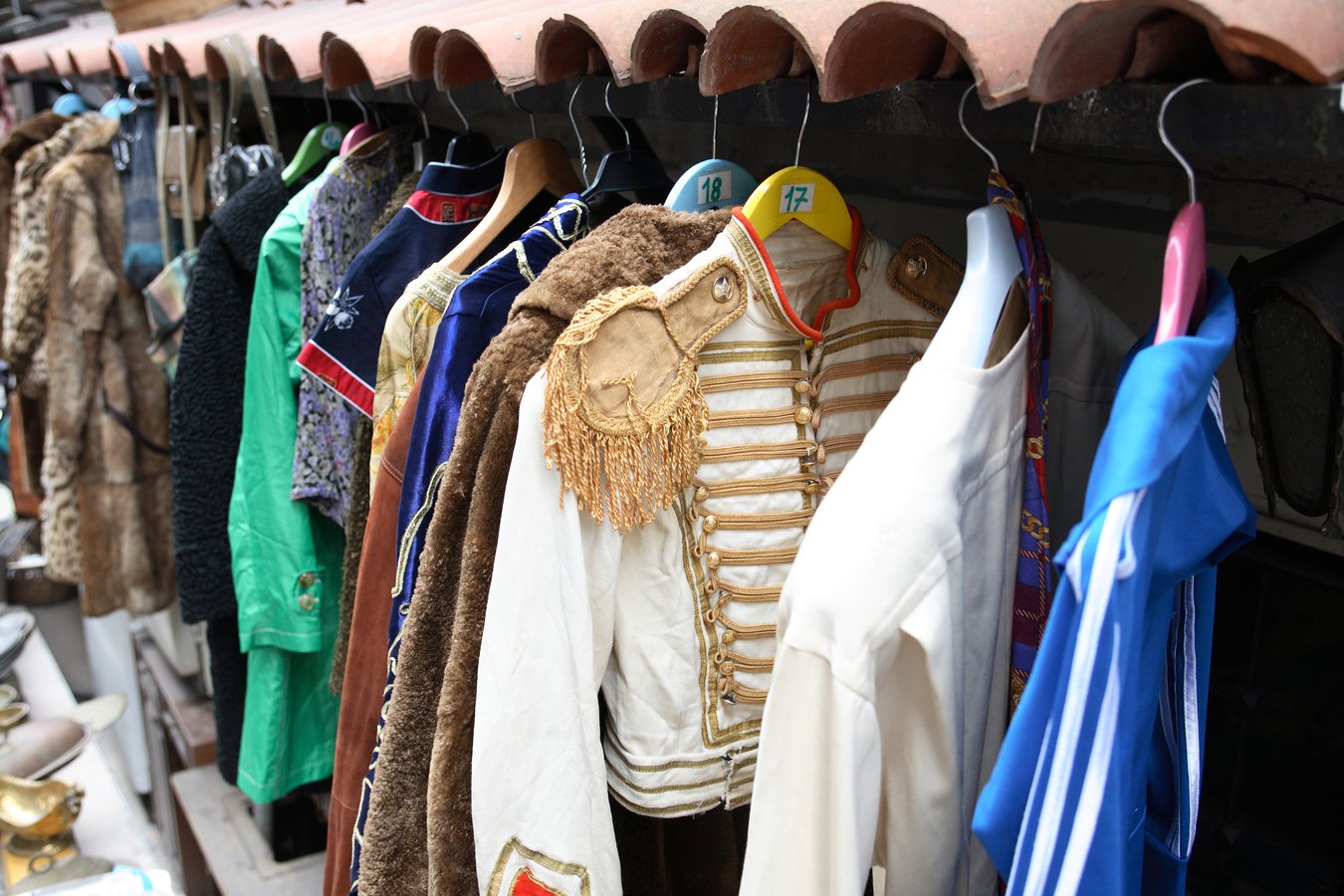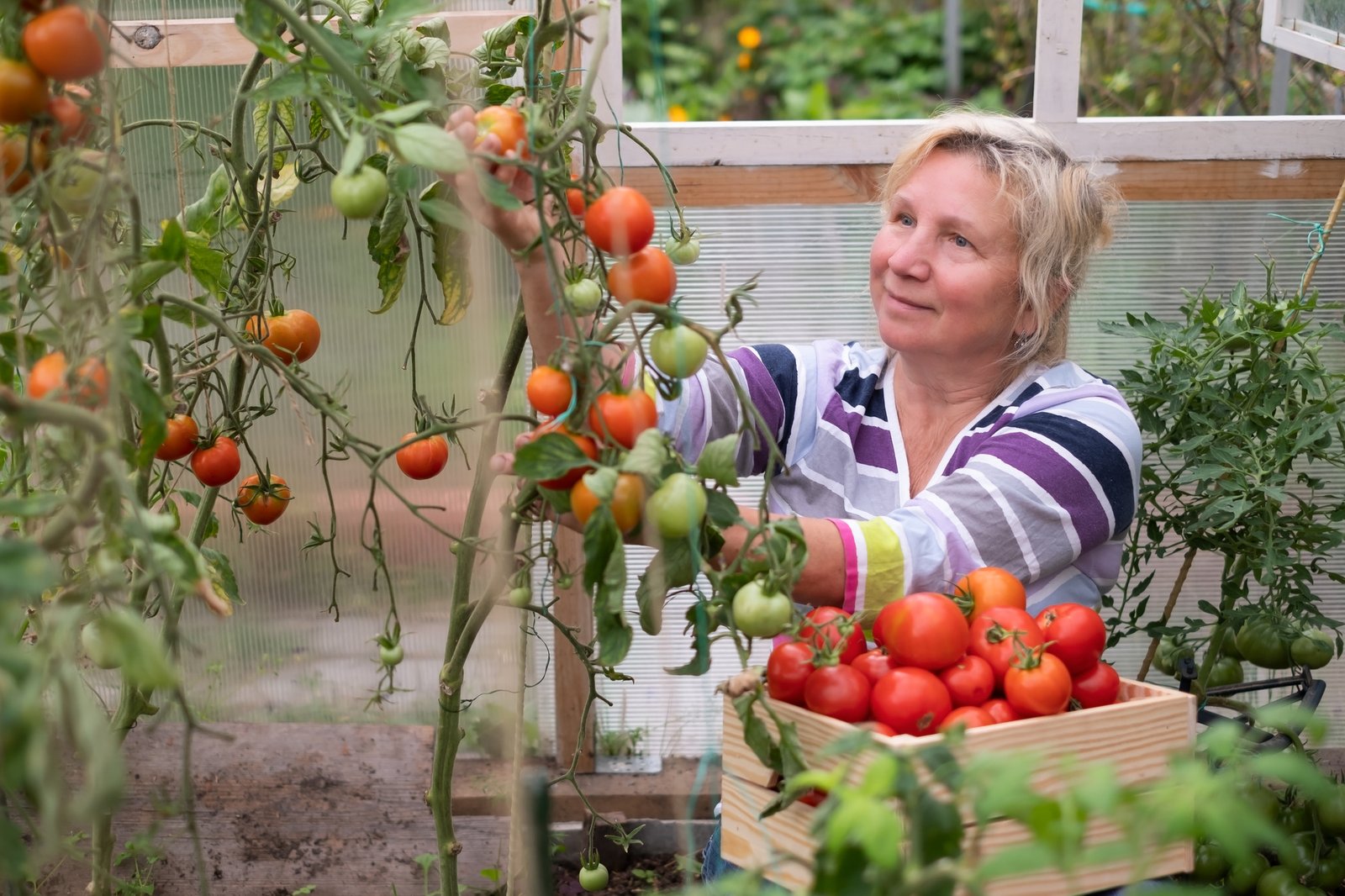In today’s technology-driven world, household chores are often seen as a nuisance to be minimized. However, there was a time when these tasks were not just necessary but were the heartbeat of daily life. Our grandparents embraced chores with a sense of responsibility, discipline, and self-reliance that seems almost foreign today.
Let’s take a look at some of these forgotten household chores that have since faded into obscurity.
Handwashing Laundry

Before the advent of modern washing machines, laundry was a labor-intensive task. Clothes were washed by hand using washboards, large basins, and homemade soap. This process was time-consuming and physically demanding, often taking an entire day to complete.
Ironing with Heavy Irons

Ironing clothes involved using heavy, non-electric irons that were heated on a stove. Maintaining a wrinkle-free wardrobe required patience and muscle power, as these irons were cumbersome and had to be reheated frequently.
Cooking from Scratch

Our grandparents cooked meals from scratch, often using ingredients they grew themselves. This meant preparing food and preserving it through canning, drying, or pickling. Cooking was a time-consuming process that required careful planning and knowledge of various preservation techniques.
Mending and Sewing

In a time when clothing was not as disposable as it is today, mending and sewing were essential skills. Torn garments were repaired, and new clothes were often handmade. This not only saved money but also ensured that clothing lasted longer.
Cleaning Without Modern Supplies

Without the convenience of modern cleaning supplies, our grandparents relied on homemade solutions. Vinegar, baking soda, and lemon juice were commonly used for their cleaning properties. Cleaning was a thorough, daily activity, ensuring that homes were kept in pristine condition.
Heating with Wood or Coal

Before central heating, homes were warmed by wood or coal-burning stoves. This required regular chopping and hauling of wood or coal, as well as maintaining the fire throughout the day and night. It was a demanding task that needed constant attention, especially during the winter months.
Fetching Water

In many rural areas, running water was a luxury. Water had to be fetched from a well or a nearby stream, a task that required multiple trips and significant physical effort. This water was used for drinking, cooking, cleaning, and bathing.
Maintaining Oil Lamps and Candles

Before electricity became widespread, oil lamps and candles were primary sources of light. These had to be regularly maintained, with wicks trimmed and oil or wax replenished. Proper care was essential to ensure that the home was safely and adequately lit after dark.
Beating Rugs and Carpets

Carpets and rugs were not vacuumed but rather beaten outside to remove dust and dirt. This physically demanding chore involved hanging the rugs and hitting them with a carpet beater, a task that required considerable effort but was effective in maintaining cleanliness.
Gardening and Animal Care

Many families grew their own vegetables and kept animals for food. Gardening required daily attention to planting, weeding, and harvesting, while animals needed to be fed, cleaned, and tended to regularly. This fostered a connection to the land and a sustainable way of living.
Seasonal Chores

Seasonal chores were a major part of life, including activities like preserving food for winter, making repairs around the house, and preparing the home for seasonal changes. These tasks ensured the household ran smoothly and was prepared for any eventuality.
Household Repairs

Without easy access to professional services, household repairs were often DIY projects. From fixing leaky roofs to repairing furniture, our grandparents were adept at handling a variety of maintenance tasks using basic tools and materials.
Managing Household Finances

Budgeting and managing household finances were critical skills. Our grandparents often kept detailed records of expenditures and savings, ensuring that the family lived within its means. This meticulous approach to finances fostered a culture of frugality and careful planning.
Natural Pest Control

Controlling household pests without modern pesticides involves using natural remedies. Common methods included using herbs, oils, and simple traps to keep pests like ants, roaches, and moths at bay. This eco-friendly approach required knowledge of various natural deterrents.
Making Household Products

From soap to candles, many household products were made at home. This not only saved money but also ensured that families had a steady supply of essential items. The process of making these products was often a family activity, passing down knowledge and skills through generations.
Childcare and Education

With fewer external childcare options, grandparents often took on the role of primary caregivers and educators. This involved not only looking after the children but also teaching them essential life skills and values through everyday activities and chores.
Fetching and Storing Food Supplies

Grocery stores were not as convenient or accessible as they are today. Food supplies were often fetched from local markets or grown and preserved at home. Proper storage was crucial to prevent spoilage, requiring knowledge of preservation techniques.
Baking Bread

Baking bread was a daily or weekly ritual, with families often having their own recipes passed down through generations. This task involved kneading dough by hand and baking it in wood-fired ovens, a process that required skill and patience.
Caring for Clothes

In addition to washing and mending, clothes needed to be stored properly to prevent damage from pests and wear. This involved regular airing, brushing, and careful folding or hanging, ensuring that garments remained in good condition for longer.
Managing Waste

Without modern waste management systems, our grandparents had to manage their waste through composting, recycling, and minimizing waste production. This sustainable approach to waste management was both practical and environmentally friendly.


